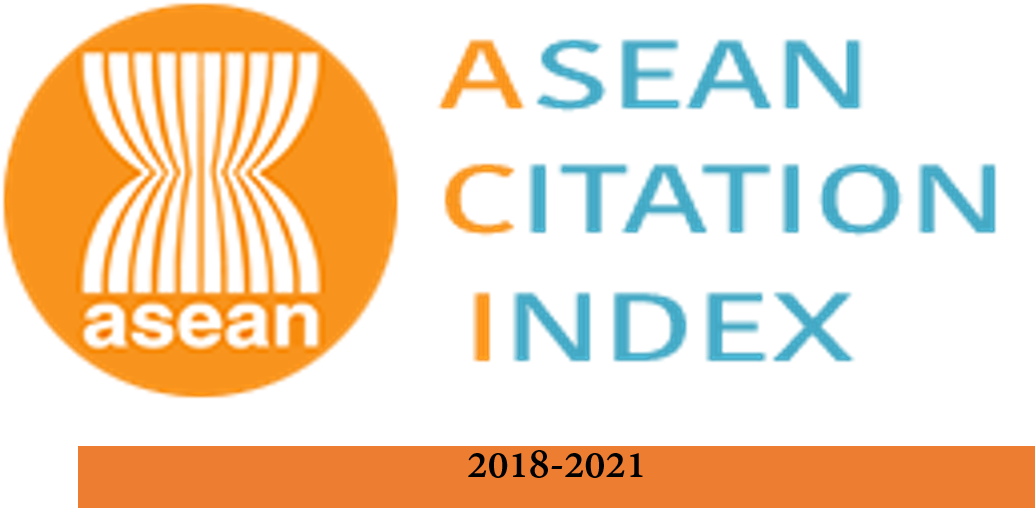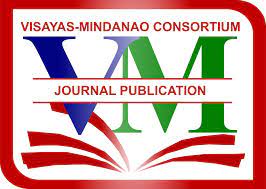A Social Behavior Model for the Determination of Influences in Indigenous Peoples' Acculturation
Abstract
The study aimed to determine the parameters influencing the indigenous peoples' (IPs) acculturation using social behavior model. It demonstrates how another self is taken into account in one's acts, actions, or practices that affect acculturation. Using a 3-factorial design, the model suggests that acculturation is influenced by three aspects namely, the number of non-IPs in social contact with IPs, the length of social contact with non-IPs, and the length of time spent living in the IP community. Based on the results, it is most evident that having more number of social contacts with non-IPs, spending a longer time in social contact with non-IPs, and having lesser time living with IP community would result to high acculturation. On the other hand, having less number of social contacts with non-IPs, less time in social contact with non-IPs, and more time living with IP community indicate low acculturation. However, it revealed that more social contacts with non- IPs resulted to greater effect on acculturation. Further, the occurrence of acculturation lessened if IPs would live longer in their respective IP communities.
Keywords:
Social behavior model, acculturation, Indigenous Peoples, cultural context, social contact
References
Indigenous People Rights Act. (1997). Implementing Rules and Regulations Republic Act No. 8371. National Commission on Indigenous Peoples.
Leung, S.A. (1996). Asia Pacific Americans and Section 21 of the Rehabilitation Act Amendments of 1992. American Rehabilitation, 22 (1), 2-6. Retrieved from www.ncddr.org/products/research exchange/v04n01/considerations.html
Merril, P. (2014). The Minnesotta symposia on child psychology. Journal of Development Psychology. Retrieved from www.studylecturenotes.com/basics-of-sociology/social-interaction-definition-elements-types-forms
National Anti-Poverty Commission. (2015). Social Reform and Poverty Alleviation Act. Ola, A. E. (2015). IOSR Journal of Humanities and Social Science. Retrieved from www.iosjournals.org.
Padilla, A. (2003). Hispanic Journal of Behavioral Sciences. Sage Publications.
Rice, S., Haynes, E., Royce, P., & Thompson, S. (2016). Social media and technology use among indigenous young people in Australia: A literature review. Retrieved from https://www.ncbi.nlm.nih.gov/pmc/articles/PMC4881023/
Tran, K. (2013). The role of information and communication technology in the acculturation of Vietnamese refugees. University of San Francisco. USF Scholarship Repository.
UNDP. (2013). Fast facts: Indigenous peoples in the Philippines. Retrieved from www.ph.undp.org, on April 8, 2016.
Ward, C. (2009) Contextual influences on acculturation processes: The roles of family, community and society. Psychological Studies.
Leung, S.A. (1996). Asia Pacific Americans and Section 21 of the Rehabilitation Act Amendments of 1992. American Rehabilitation, 22 (1), 2-6. Retrieved from www.ncddr.org/products/research exchange/v04n01/considerations.html
Merril, P. (2014). The Minnesotta symposia on child psychology. Journal of Development Psychology. Retrieved from www.studylecturenotes.com/basics-of-sociology/social-interaction-definition-elements-types-forms
National Anti-Poverty Commission. (2015). Social Reform and Poverty Alleviation Act. Ola, A. E. (2015). IOSR Journal of Humanities and Social Science. Retrieved from www.iosjournals.org.
Padilla, A. (2003). Hispanic Journal of Behavioral Sciences. Sage Publications.
Rice, S., Haynes, E., Royce, P., & Thompson, S. (2016). Social media and technology use among indigenous young people in Australia: A literature review. Retrieved from https://www.ncbi.nlm.nih.gov/pmc/articles/PMC4881023/
Tran, K. (2013). The role of information and communication technology in the acculturation of Vietnamese refugees. University of San Francisco. USF Scholarship Repository.
UNDP. (2013). Fast facts: Indigenous peoples in the Philippines. Retrieved from www.ph.undp.org, on April 8, 2016.
Ward, C. (2009) Contextual influences on acculturation processes: The roles of family, community and society. Psychological Studies.










